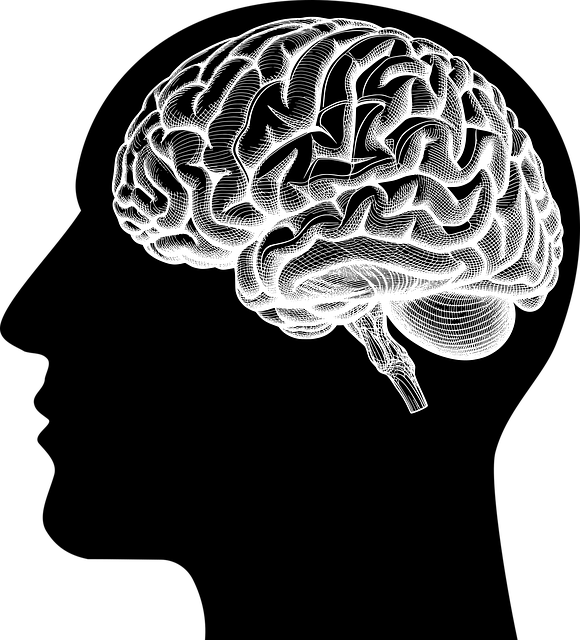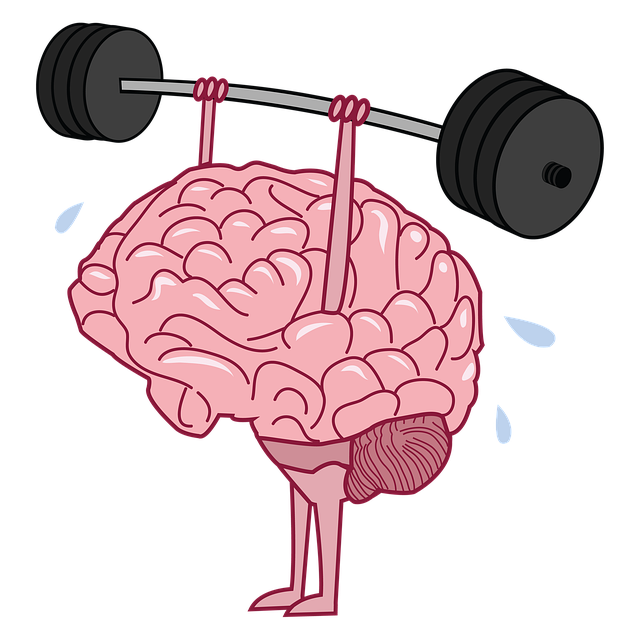Longmont Mental Health Evaluations and Therapy centers recognize that serving a diverse community requires culturally sensitive practices. Therapists must be proficient in navigating different perspectives, understanding cultural variations in mental health expressions, and incorporating tailored strategies like Trauma Support Services and compassion cultivation. By prioritizing cultural competency, they create inclusive environments that respect individual backgrounds, beliefs, and values. This approach, coupled with continuous professional development and patient-centered care, ensures equitable access to effective mood management for all individuals in Longmont's diverse community.
In today’s diverse society, cultural sensitivity is paramount in mental healthcare practice. The ability to understand and respect cultural differences significantly impacts patient outcomes during evaluations and therapy sessions, especially in areas like Longmont. This article explores key aspects of cultural diversity in mental health, including ethical considerations, effective communication strategies, and building culturally competent environments. By delving into these topics, we aim to enhance patient care and improve access to quality mental health services for all.
- Understanding Cultural Diversity in Mental Healthcare
- The Impact of Cultural Sensitivity on Patient Outcomes
- Ethical Considerations in Cross-Cultural Therapy
- Effective Communication Strategies for Diverse Populations
- Building Culturally Competent Practice Environments
Understanding Cultural Diversity in Mental Healthcare

In the realm of mental healthcare, understanding cultural diversity is paramount. Longmont Mental Health Evaluations and Therapy centers serve a vibrant tapestry of individuals from various ethnic, racial, and socioeconomic backgrounds. This cultural mosaic necessitates a nuanced approach to care, where therapists and evaluators must be adept at navigating different worldviews and beliefs systems. Recognizing that mental health experiences and expressions can vary significantly across cultures is crucial for providing effective treatment and building trust.
For instance, what constitutes acceptable behavior or expression of distress may differ substantially from one cultural group to another. This knowledge prompts a more sensitive delivery of services, such as incorporating culturally informed practices like Trauma Support Services and fostering open dialogue about Mental Health Policy Analysis and Advocacy. By embracing these diversities, Longmont mental health professionals can enhance mood management strategies and ensure equitable access to care for all individuals seeking support.
The Impact of Cultural Sensitivity on Patient Outcomes

Cultural sensitivity in mental healthcare plays a pivotal role in shaping patient outcomes, especially in diverse communities like Longmont, Colorado. When therapists and evaluators embrace cultural competency, they create an environment that is not only welcoming but also understands and respects patients’ unique backgrounds, beliefs, and values. This approach goes beyond language translation; it involves recognizing and addressing systemic barriers that often hinder access to quality mental health care for marginalized groups.
Incorporating practices like compassion cultivation and self-esteem improvement, tailored to the individual’s cultural context, can significantly enhance therapeutic outcomes. For instance, Longmont Mental Health evaluations and therapy sessions that consider the patient’s ethnic traditions, spiritual practices, and community support systems can lead to more effective interventions. By fostering cultural sensitivity, mental health professionals not only improve patient satisfaction but also contribute to increasing Mental Health Awareness and overall well-being within diverse communities.
Ethical Considerations in Cross-Cultural Therapy

In the realm of cross-cultural therapy, mental healthcare professionals must navigate complex ethical considerations when treating individuals from diverse backgrounds. This is particularly relevant in Longmont Mental Health Evaluations and Therapy, where therapists encounter clients with varied cultural identities, beliefs, and values. One critical aspect is ensuring informed consent, especially when translating services to meet the client’s linguistic needs. Cultural sensitivity demands that professionals respect and understand the client’s traditional healing practices and incorporate them into therapy if deemed beneficial by the individual.
Additionally, maintaining confidentiality while respecting familial or community structures is essential. Some cultures may prioritize collective over individual privacy, necessitating therapists’ adaptability in their standard confidentiality practices. Furthermore, the potential for cultural biases and stereotypes among mental health professionals underscores the importance of ongoing self-awareness exercises and training to foster accurate understanding and effective treatment for all clients, be it for Depression Prevention or Inner Strength Development.
Effective Communication Strategies for Diverse Populations

In a diverse society like Longmont, where individuals from various cultural backgrounds seek mental health services, effective communication strategies are paramount. Cultural sensitivity in mental healthcare practice requires therapists to adapt their approaches to meet the unique needs of each client. This involves learning about and respecting different cultural beliefs, values, and communication styles, ensuring that evaluations and therapy sessions are inclusive and non-judgmental.
For instance, when conducting Longmont mental health evaluations or therapy sessions, therapists should employ clear, simple language and actively listen to patients’ concerns. Encouraging open dialogue through a safe, confidential environment fosters trust. Additionally, incorporating techniques such as cultural mirroring—where therapists adopt aspects of a client’s cultural presentation to build rapport—can enhance understanding and promote self-esteem improvement. This sensitivity to cultural nuances is vital for successful mood management, ensuring that every individual receives tailored care that respects their background.
Building Culturally Competent Practice Environments

In creating a culturally competent environment for mental healthcare practices, especially in Longmont Mental Health Evaluations and Therapy, it’s vital to recognize and appreciate the diversity of patients’ backgrounds and experiences. This involves actively listening to and learning from cultural perspectives, which can help professionals better understand their clients’ unique needs and barriers to treatment. Incorporating patient-centered care approaches ensures that services are tailored to individual cultural contexts, enhancing accessibility and effectiveness.
Building on this foundation, mental health professionals in Longmont can engage in continuous professional development, including training in cross-cultural communication, implicit biases, and the impact of systemic issues on mental wellness. Encouraging open dialogues about race, ethnicity, gender identity, and other social determinants of health can foster a supportive atmosphere. Additionally, leveraging resources like the Mental Wellness Podcast Series Production and Mental Wellness Journaling Exercise Guidance can empower patients to explore their mental wellness journeys while navigating cultural sensitivities.
Incorporating cultural sensitivity into mental healthcare practice is no longer a consideration but a necessity, as evidenced by the diverse populations seeking services in Longmont. By understanding cultural diversity, implementing ethical cross-cultural therapy practices, and adopting effective communication strategies, therapists can significantly improve patient outcomes. Building culturally competent environments that honor and embrace differences fosters trust, enhances collaboration, and ultimately benefits all individuals seeking mental health evaluations and therapy in Longmont.














